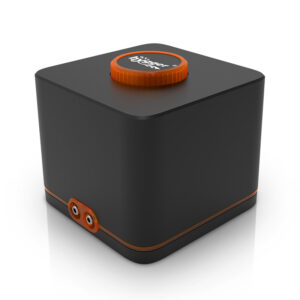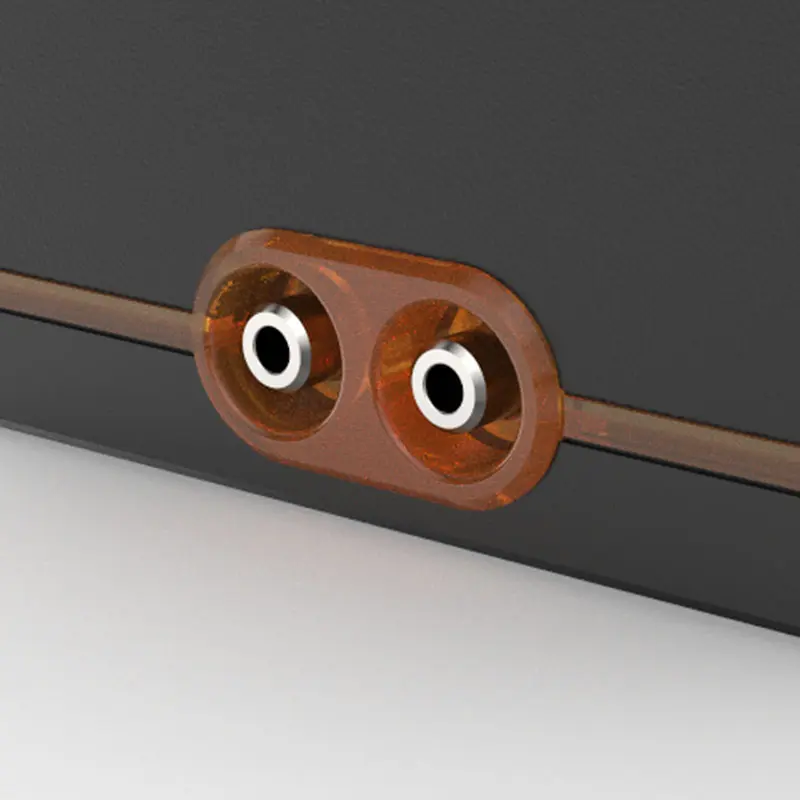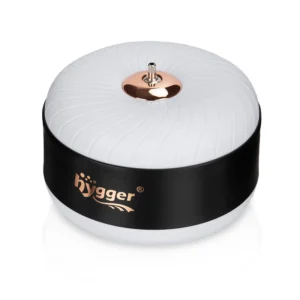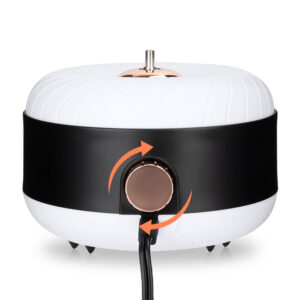What Happens To A Fish Tank If You Remove The Air Pump
It is the truth that almost every species around the world requires oxygen to survive. So aerating becomes critically important for a fish tank, and the air pump can play the role. But have you ever thought about what will happen if you remove the air pump from the fish tanks? Will all the fish die? Or some other results? If you are curious about the topic, do not hurry, this article will bring answers to you. Without further ado, let’s get started!
Content Table
What is the purpose of an air pump in a fish tank?
The air pump is a mechanical device, also known as a fish tank bubbler. And it is to circulate water by electricity. Besides, there are purposes for applying an air pump in a fish tank.
- Oxygenate water
An air pump can increase surface agitation, then create bubbles to aerate the aquarium, and finally, oxygenate water in a fish tank.
- Expel excess carbon dioxide
Applying an air pump in a fish tank can improve the density of water and expel excess carbon dioxide. The water can flow deeper into the aquarium, which enables more plants to absorb carbon dioxide.
- Increase the pressure of water
Another function of an air pump is to keep increasing the pressure of water in an aquarium. In general, the pressure of water in an aquarium is about 1 bar, but the air pump could increase it to 5 or 6 bar.
- Run equipment
An air pump could help operate a corner filter or protein skimmer.
What happens to a fish tank if the air pump is removed
As we all know, we need to aerate the fish tank to keep the oxygen rate. So the air pump is important for a fish tank, then what will happen if you remove it?
- The water flow will be insufficient, and the fish tank will become cloudy – it’s one of the reasons why my fish tank is cloudy.
- The water cycle will be stagnated.
- The oxygen rate in the water will gradually decrease, but the water temperature in tanks will improve. If there are plants in the aquarium, but with limited sunlight and lighting time, the plants will consume oxygen and expel carbon dioxide. Finally, it will reduce the oxygen level in the water.
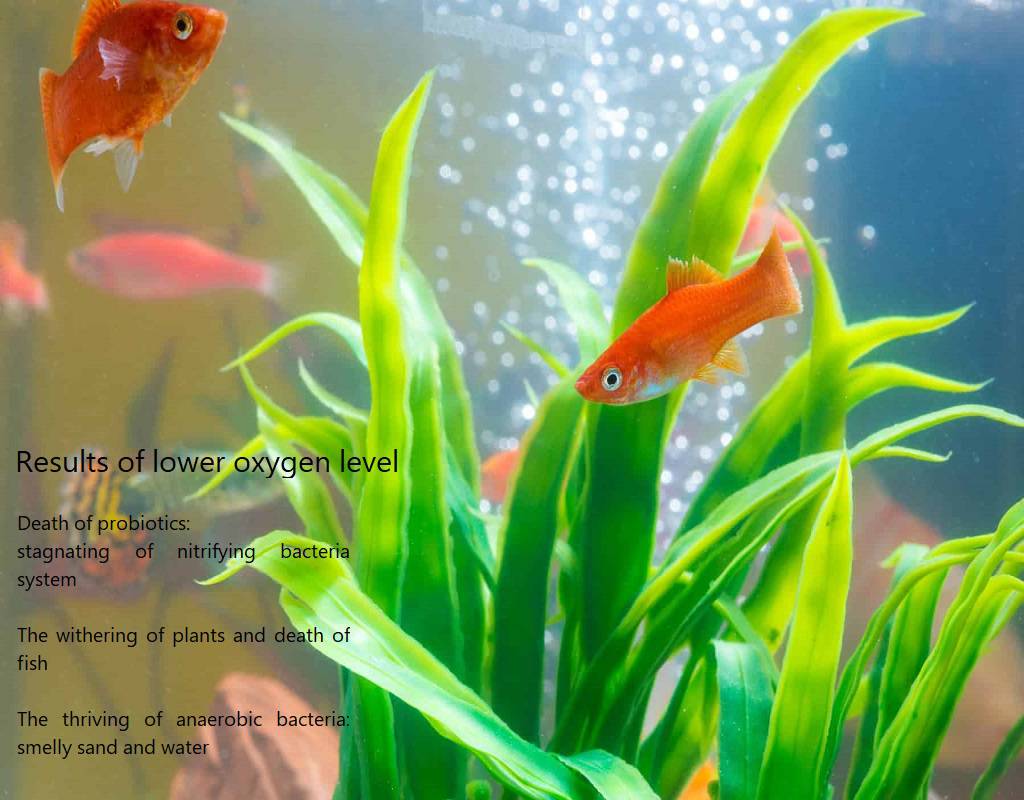
By the way, oxygen is crucial for fish tanks. It can enhance the immunity of the aquarium creature, reduce toxic and harmful substances, and maintain life activities. If the oxygen level in the water becomes lower, what are the results?
- Death of probiotics
Probiotics require oxygen to survive. Take nitrifying bacteria as an example, it will thrive with plenty of oxygen. If the oxygen level in the water is too low, it is not beneficial to the growth of bacteria, and it will cause the stagnation of the nitrifying bacteria system. That is the death of bacteria, which is dangerous for fish and plants. Because the harmful substances in the water will not be removed in time if the nitrifying bacteria system stagnates.
- The withering of plants and the death of fish
Aquatic plants can produce oxygen by photosynthesis during the daytime, but they also need oxygen to survive at night. If the dissolved oxygen in the water is too low, it will lead to the withering of plants. Besides, fish will blow at the surface of the tank. But the fish will go die if the low oxygen rate lasts long.
- The thriving of anaerobic bacteria
Low oxygen content will boost the anaerobic bacteria, especially in tanks with sand at the bottom. The anaerobic bacteria will thrive in the sand, and finally, the sand and water will become smelly.
Can I turn off the air pump at night?
However, there are some situations where you can turn off your air pump at night.
- The large size of your fish tank
The size of your tank will affect the oxygen level. If your tank is large, the surface area will be large, and it will be easier to exchange gas. Because the water can absorb more oxygen and expel carbon dioxide quickly.
- Other aerators in your tank
Other aerators also play roles in your tank if your air pump is turned off at night. The aerators include air stone, powerhead, or others.
- Few fish and creatures in your tank
If there are few fish and creatures in your tank, the requirement for oxygen will be reduced. And they will consume less oxygen. So there is no need for aeration at night.
In addition, there are also fish that do not require an air pump, including gourami, guppies, and catfish.
Can an air pump work as a filter in an aquarium?
Generally speaking, air pumps and filters are two different items. An air pump to aerate the aquarium and oxygen the water. On the other hand, it can expel excess carbon dioxide. Besides, a filter removes excess waste and toxic substances from water, including ammonia, nitrites, and nitrates. And if with a spray bar, it also provides circulation and aeration for tanks. Moreover, some filters can remove the uneaten food before they are turned into ammonia.
Take Hygger 009 Filter as an example, it is suitable for fish tanks of 5–30 gallons. It can filtrate and clear water. It provides three types of water outlets, including a spray bar outlet and a flat nozzle outlet, which enable ample water movement and aerate the fish tank. Besides, there is an air hose outside, which works great to add outside oxygen to the water.
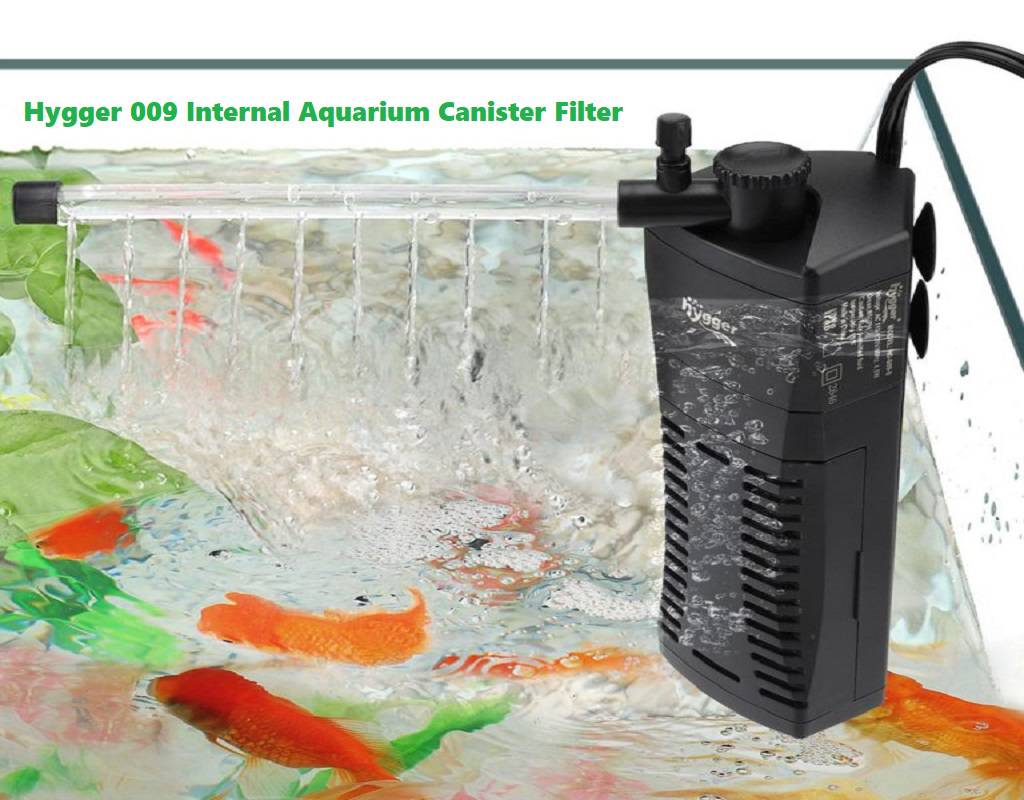
It is essential to apply a filter in your fish tank. If you turn off the filter for hours, the toxic substances will accumulate, which is fatal to fish. Because it is more important to remove pollutants from tanks than to aerate them. So It is feasible to turn off your air pump for a night, but it is impracticable to switch off your filter.
Conclusion
After reading this article, we believe you have learned more about air pumps, including the purpose of an air pump in fish tanks, the results of removing the air pump from fish tanks, and the differences between air pumps and filters in aquariums. Moreover, if you want to learn more about air pumps, for example, how to properly aerate a fish tank, or calculate the correct amount of oxygen to choose the right air pump. You can read another article to learn more – What Does an Air Pump Do in an Aquarium?
Finally, thank you for your reading, dear friends! Hope this article has given the answers you want!

